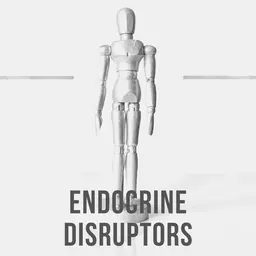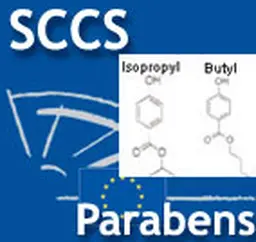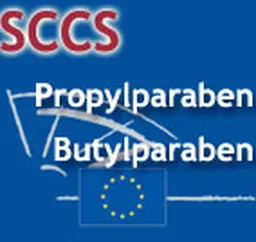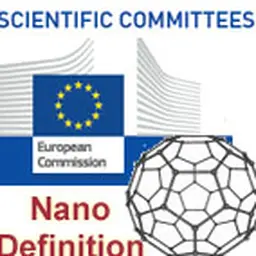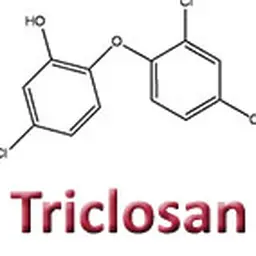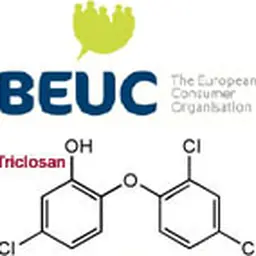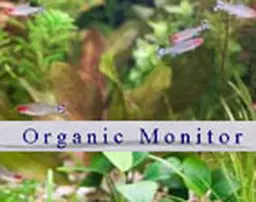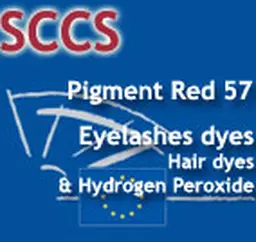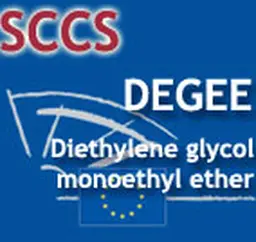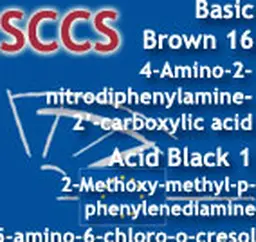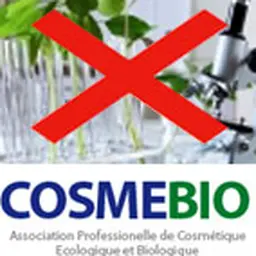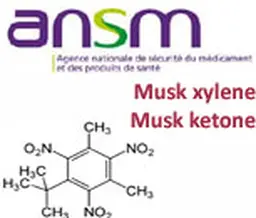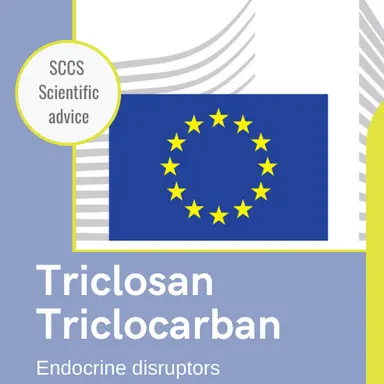
Following the publication of a first list of 14 substances suspected of acting as endocrine disruptors to be assessed as a priority, and the subsequent call for data, the European Commission requested, in June 2021, the opinion of the SCCS on the safety of two of them: Triclocarban and Triclosan. The Scientific Committee has just published its conclusions, adopted at its plenary meeting on 15-16 March 2022, and open for comments until 27 May 2022.
Background
• Triclocarban is regulated as a preservative (entry 23 of Annex V) at a maximum concentration of 0.2%. Furthermore, it is restricted to rinse-off products at a maximum concentration of 1.5% (entry 100 of Annex III).
• Triclosan is regulated as a preservative (entry 25 of Annex V) in the following product types:
a) Toothpastes; Hand soaps; Body soaps/Shower gels; Deodorants (non-spray); Face powders and blemish concealers; Nail products for cleaning the fingernails and toenails before the application of artificial nail systems - at a maximum concentration of 0.3%; and
b) Mouthwashes - at a maximum concentration of 0.2%
For an exhaustive background information, see the article
• Triclosan / Triclocarban: Request for a scientific advice to the SCCS, CosmeticOBS, 5 July 2021
The Scientific Advice
In light of the information submitted via the call for data, the currently available scientific literature, relevant in silico tools and SCCS’ expert judgement and taking under consideration in particular the concerns related to potential endocrine disrupting properties, the SCCS is requested:
1. To identify and justify specific concerns regarding the safe use of Triclocarban and Triclosan in cosmetic products
Based on the safety assessment carried out in consideration of all available …

